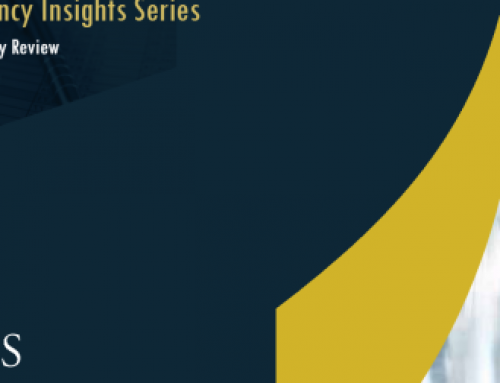Following on from my last blog about how to approach the market I wanted to jot down some points on preparing your cv. A well constructed cv is your passport to an interview and in terms of its preparation I have outlined below some do’s and don’ts. However before going through these there are some general points which need to be covered.
In relation to length there is no hard and fast about how long a cv should be. It depends on level of experience and the nature of the area in which you work. Some jobs are more technical than others and therefore may require extra information. I have spoken with many job seekers over the years who have left key pieces of information off their cv as otherwise it would be over 2 pages in length.
The most important thing about your cv is that it is clear, concise, well laid out and relevant. If you stick to this and it ends up being 2 and ¾ pages for example, no problem. At the same time be very critical about padding/ fluff and strip all this out of your cv. An example of this is jobs people have had during university. Many of the people I deal with are qualified accountants. It is the experience that you have gained whilst training and post qualified that is important. A prospective employer isn’t going to be too interested in your 6 months in the local shop etc. Certainly, put in the dates to show that you worked during university as this portrays a positive image however you don’t need 5 bullet points about what you did.
As you are putting your cv together keep in mind the types of roles you are targeting. Prioritise the experience you have which most closely matches the experience of the roles you want to move into not necessarily what you do most. For example, if you are coming from a mixed tax background and looking to specialise in corporate tax make sure you put all your corporate tax experience as your first bullet points.
Finally, prospective employers do not like gaps on cv’s. People can have all sorts of crazy ideas of what people have been up to during the gap on their cv. The less questions your cv poses the more likely you are to be called for interview. It is amazing the amount of cvs I see with a year gap where I know the person has been travelling but they have failed to mention it.
CV Drafting Do’s and Don’ts:
Do…
- Check over you cv multiple times for spelling and grammatical errors. This is essential.
- Use bullet points and avoid paragraphs / lengthy sentences.
- Put together your cv in chronological form (most recent roles first).
- Have somebody else read it before you release it to the market. It is amazing the things we can miss.
- Highlight achievements. For example, if you are in sales it is imperative to make mention of how you have done against targets.
- Use the same font throughout. We recommend aerial or calibri 10.5/11 for the body.
- Check that the spacing in your cv is uniform.
- Avoid duplication of information.
- Be mindful of what personal interests you refer to on your CV, in particular if they are of a potentially divisive nature.
Don’t…
- Use a photo on your CV.
- Have your reasons for moving from previous roles on your cv. This can and most likely will be discussed at interview.
- Reflect negatively on any previously held roles.
- Have unexplained large gaps in employment.
- Use text speak or abbreviated English.
- Attempt to be a graphic designer with your CV (unless you are in fact a graphic designer).
- Include confidential information or third party protected data
- Reference your salary expectations or current salary
Your cv is the often the first impression a prospective employer will have of you so if it is slovenly prepared/disjointed etc it won’t get you the desired result. The cv is about your experience so keep it factual.
For a list of accountancy, finance and tax jobs and more market insights visit accountancy jobs Ireland.





